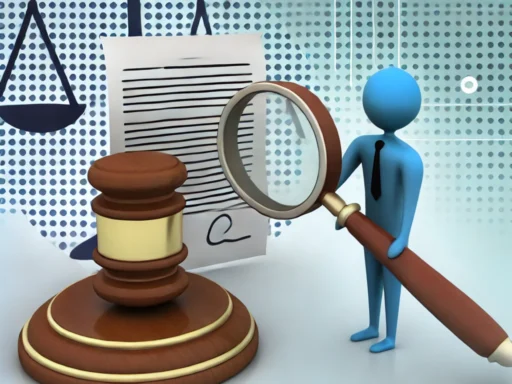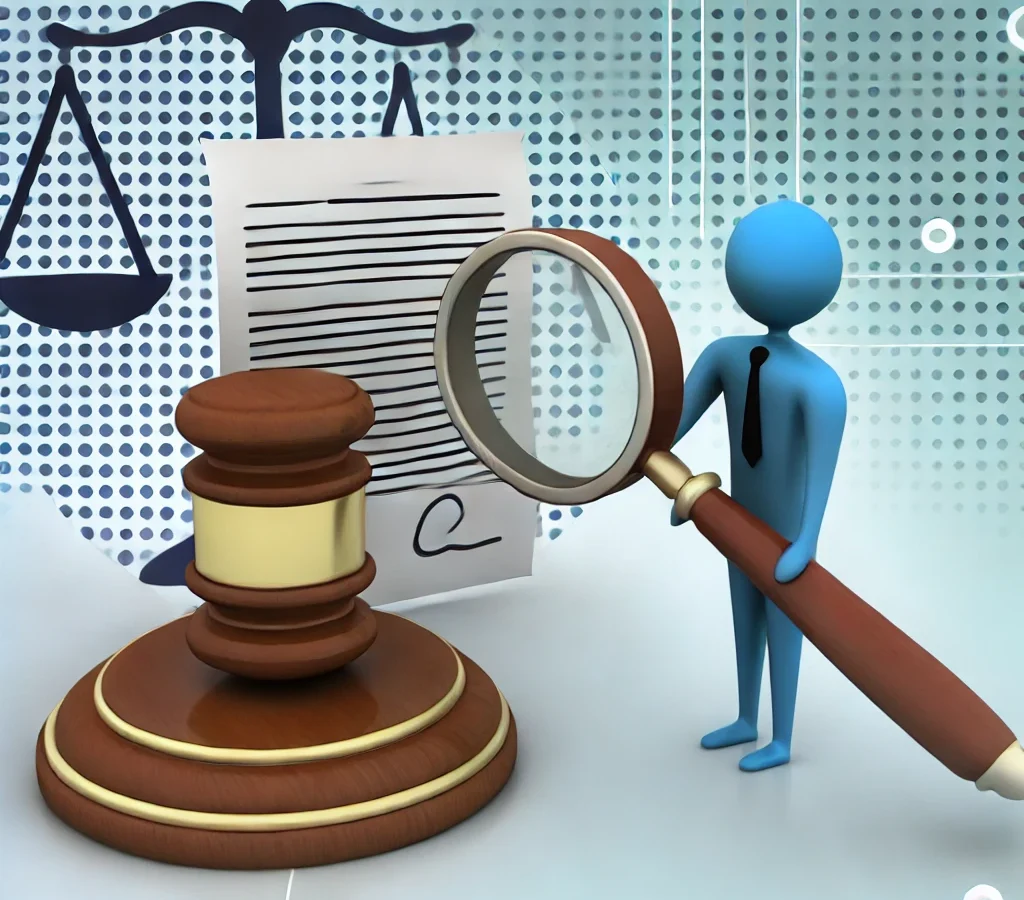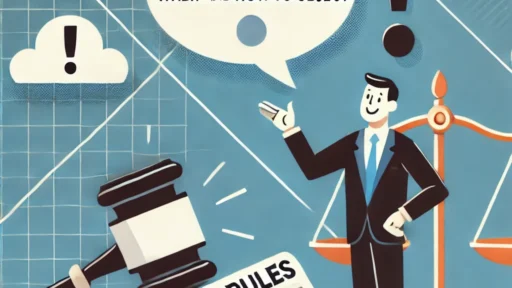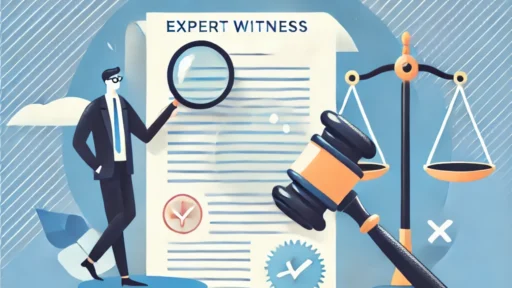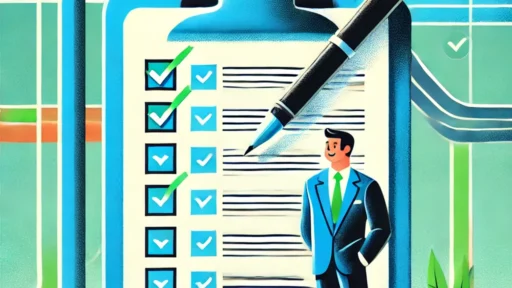In the labyrinth of legal proceedings, depositions play a crucial role in uncovering the truth. These sworn out-of-court testimonies allow attorneys to gather vital information, clarify facts, and build stronger cases. Whether it’s a civil dispute or a criminal investigation, legal depositions can be the key to unraveling complex narratives and bringing hidden details to light.
Attorneys rely on depositions to probe witnesses, challenge inconsistencies, and gather evidence that might otherwise remain obscured. This process not only sharpens the focus of the case but also ensures that all parties have a clearer understanding of the facts at hand. By meticulously examining testimonies, legal professionals can construct more compelling arguments, ultimately steering the case toward a just resolution.
What Are Legal Depositions?
Depositions are sworn out-of-court testimonies given by witnesses involved in a legal case. Attorneys conduct depositions to gather comprehensive information under oath. During a deposition, attorneys ask a series of deposition questions to witnesses, who must provide truthful answers as if they were in court. The entire deposition process is recorded, usually by a court reporter, to create an official transcript, which may include a deposition exhibit if relevant.
Depositions serve several critical functions in legal proceedings. They allow attorneys to:
- Obtain Testimonies: Document firsthand accounts from witnesses (e.g., victims, experts).
- Evaluate Credibility: Assess if a witness’s statements are consistent and plausible.
- Identify Evidence: Discover new pieces of information that might support the case.
- Prepare for Trial: Craft questions and strategies based on the witness’s answers.
The scope of questioning in depositions is broad. Attorneys may explore various aspects relating to the case, from specific events to general knowledge on the subject. For instance, in a personal injury lawsuit, depositions might cover medical histories, accident details, and expert opinions on injuries sustained.
Depositions involve formal protocols. Attorneys issue a notice of deposition to the witness, outlining the date, time, and location. Witnesses may have legal counsel present to offer deposition advice and ensure their rights are protected during questioning. Court rules govern how depositions are administered, ensuring fairness and consistency.
Depositions often impact case outcomes. Inconsistent testimonies can lead to impeachment of witnesses at trial. Conversely, clear and consistent depositions can strengthen a party’s position. Thus, depositions are pivotal in the discovery phase of litigation, shaping how attorneys construct their cases and pursue justice.
The Role of Depositions in Legal Cases
Depositions are critical in the legal discovery process. They help attorneys obtain truthful and precise information directly from witnesses.
Gathering Accurate Information
Depositions provide attorneys with firsthand accounts from witnesses, ensuring accurate information. Witnesses answer under oath, promoting honesty. This process captures comprehensive details, reducing ambiguities.
For example, in a personal injury case, both the plaintiff and defendant provide detailed narratives of the incident, capturing facts that might not be in written evidence. Depositions also give attorneys opportunities to gather information that might not surface in written discovery, helping to build a well-rounded case.
Assessing Witness Credibility
During depositions, attorneys evaluate witness credibility. Witnesses’ answers reveal their reliability and truthfulness. Attorneys observe body language, consistency in responses, and demeanor.
Consider a deposition where witness management frequently hesitates or provides inconsistent answers; this behavior can indicate potential credibility issues. These assessments help attorneys prepare for cross-examination at trial, ensuring they are ready to address any discrepancies or impeach unreliable witnesses.
Key Steps in the Legal Deposition Process
The deposition process involves several methodical steps essential for uncovering the truth in legal cases. Each step ensures that attorneys gather accurate and useful information.
Pre-Deposition Preparation
Effective deposition preparation is crucial for a successful deposition strategy. Attorneys meticulously prepare before convening a legal deposition. Preparations include reviewing relevant documents, identifying key witnesses, and crafting a detailed list of questions. Thorough knowledge of the case file and objectives guides this process, often using a deposition preparation checklist to ensure nothing is overlooked.
Conducting the Deposition
During the deposition, attorneys ask witnesses questions under oath. They record responses verbatim through video or court reporters, employing video conference deposition techniques as needed. Questioning techniques include open-ended queries to elicit detailed responses, while maintaining a professional and composed demeanor ensures credibility and consistency.
Post-Deposition Review
After the deposition, attorneys scrutinize the recorded witness testimony. They cross-reference statements with other evidence and identify inconsistencies. Analysis of witness credibility and demeanor further aids in trial preparation and strategy refinement, guiding decisions on how to handle a deposition moving forward.
Techniques for Effective Depositions
Effective legal depositions require strategic planning and skilled execution. Attorneys use specific techniques to maximize the value of these testimonies.
Asking the Right Questions
Craft precise, relevant questions to gather essential information. Use open-ended questions, such as “Can you describe what you saw?” to encourage detailed responses. Follow-up with probing questions for clarity. Avoid leading questions that suggest a specific answer to maintain the integrity of the deposition.
Handling Evasive Answers
Challenge evasive answers by maintaining composure and persistence. Politely ask the witness to clarify, repeating the question if necessary. Utilize documented evidence to refute or prompt specific responses. Record all answers accurately to address discrepancies during the trial.
Legal and Ethical Considerations
Depositions must adhere to legal and ethical standards to ensure fairness and justice in legal proceedings.
Protecting Witness Rights
Attorneys ensure that witnesses’ rights are safeguarded during deposition with a lawyer. Witnesses, whether plaintiffs or defendants have the right to refuse to answer questions that may be self-incriminating under the Fifth Amendment.
Additionally, witnesses have the right to consult with their attorneys for guidance during the deposition process. This prevents intimidation or coercion, ensuring that witnesses provide genuine and voluntary testimony.
Navigating Privilege Issues
Legal privilege issues often arise during depositions. Attorneys must respect the attorney-client privilege, which protects confidential communications between a lawyer and their client. They must also consider the work-product doctrine, which shields materials prepared in anticipation of litigation.
If privileged information is accidentally disclosed, attorneys are obligated to take steps to rectify the situation immediately. This includes notifying the opposing counsel and taking measures to prevent further disclosure of the privileged information.
Common Deposition Challenges
Legal professionals often face challenges in remote depositions that require strategic handling to ensure the process is effective.
Aggressive Attorneys
In some cases, aggressive attorneys might use intimidation tactics to unsettle witnesses. It’s crucial to remain calm and assertive, using deposition techniques to stay focused on gathering accurate information.
Deposition Objections
Understanding common deposition objections is essential for navigating legal disputes during questioning. Knowing how to respond to these objections helps maintain the integrity of the deposition process.
Deposition vs. Trial
Distinguishing between deposition and trial procedures is vital. While depositions are pre-trial activities aimed at gathering information, trial testimonies are presented before a judge or jury. Preparing witnesses for both settings ensures consistency and accuracy.
Uncover the Truth with BlueNotary’s Reliable Notarization Services
Legal depositions are indispensable tools in the legal process, providing attorneys with the means to uncover the truth and build strong cases. They help ensure that witnesses offer honest and accurate information, which is critical for justice.
Strengthen your legal case by ensuring every fact is accurately captured and authenticated. BlueNotary offers a secure and efficient online notarization platform that complements your legal deposition process. Our services ensure that all critical documents are notarized with precision, providing a solid foundation for your evidence collection.
Don’t leave your case to chance. Visit BlueNotary today to discover how our advanced solutions can enhance your legal deposition process and help you uncover the truth with confidence. BlueNotary: Making evidence collection seamless and trustworthy!
Frequently Asked Questions About Clarifying Facts Through Depositions
Q1. What is the role of legal depositions in evidence collection?
Legal depositions gather sworn testimonies from witnesses, providing valuable information that can be used to build a strong case. This process helps attorneys collect critical evidence and understand the facts of the case.
Q2. How does a legal deposition differ from other forms of evidence collection?
Unlike written statements or affidavits, legal depositions involve live questioning under oath, allowing attorneys to probe deeper into the facts and observe non-verbal cues, making the evidence more comprehensive and reliable.
Q3. What types of evidence can be collected during a legal deposition?
During a legal virtual deposition, attorneys can collect verbal testimony, documents, photographs, and other relevant materials that the witness may bring or reference. This helps create a detailed record of the evidence.
Q4. How should one prepare for a legal deposition to ensure effective evidence collection?
Preparation involves reviewing relevant documents, understanding the case details, and practicing potential questions and answers. It is also important to be honest and concise in your responses.
Q5. Can legal deposition evidence be used in court?
Yes, legal deposition evidence can be used in court to support a case. It can be presented to impeach a witness, refresh their memory, or as substantive evidence if the witness is unavailable to testify in person deposition.



